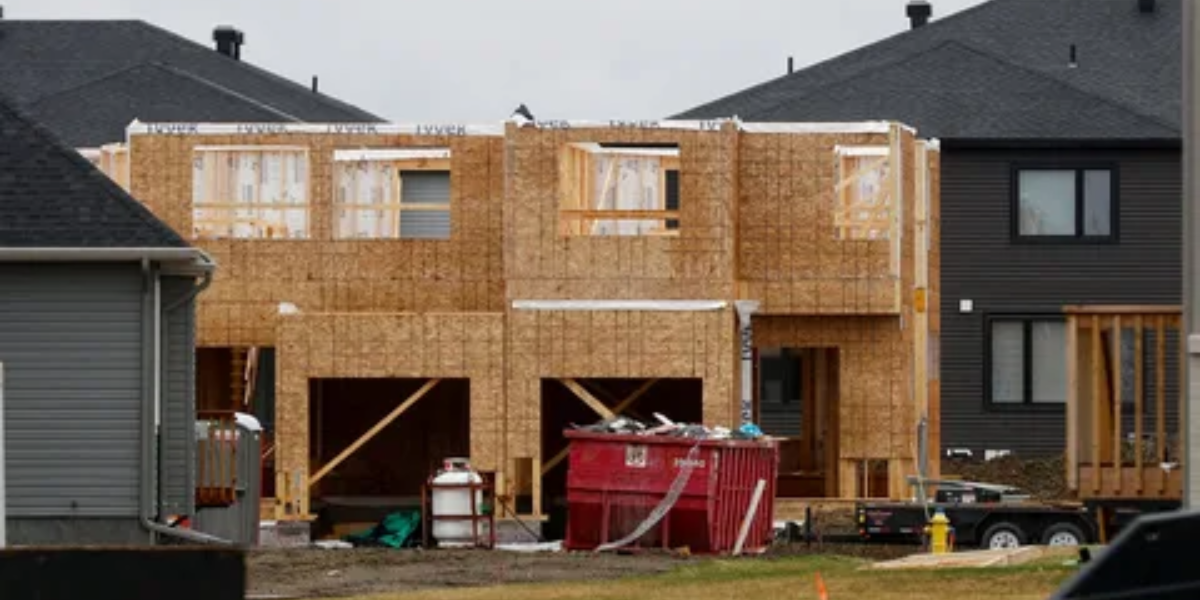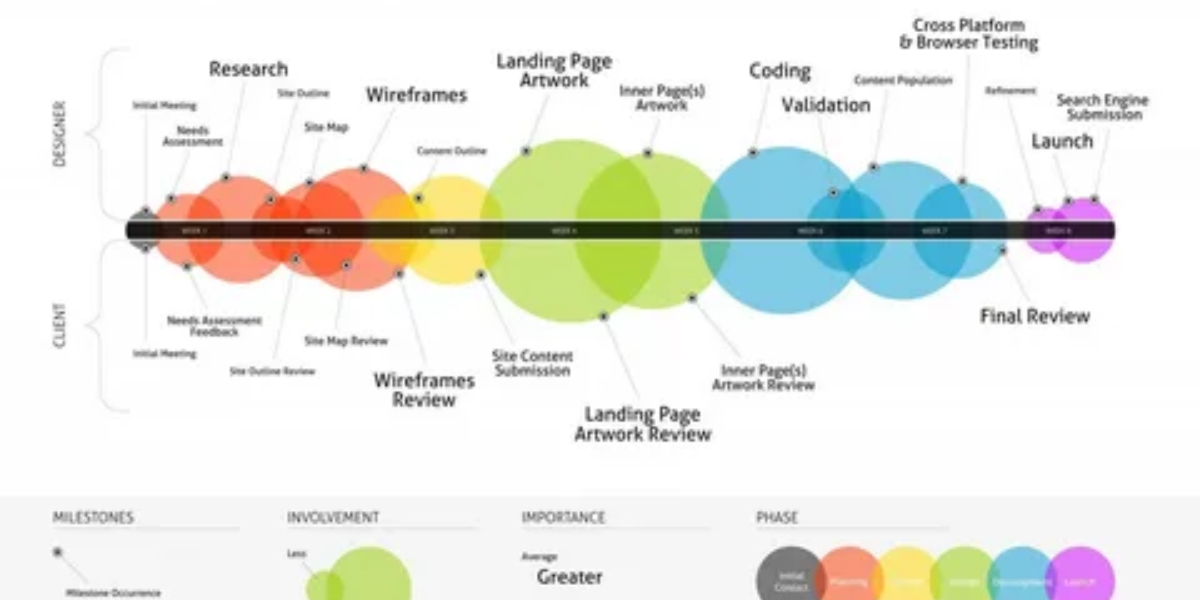Overview of B.C. Government’s 2024 Budget

In its latest budget for the fiscal year 2024, the British Columbia (B.C.) government has placed a significant emphasis on addressing the pressing issue of housing affordability. New Housing Measures A Central Part Of The B.C. Government’s 2024 Budget. This article delves into the central role that housing measures play in the budgetary allocations of the B.C. government and how these initiatives aim to tackle the ongoing housing crisis in the province.
Importance of Housing Measures in Budget Allocation
Housing affordability has been a persistent concern in British Columbia, with skyrocketing prices making it increasingly challenging for residents to own or rent homes. Recognizing this urgent issue, the B.C. government has made housing measures a priority in its budget allocation, highlighting the significance of addressing this critical need for the well-being of its citizens and the overall stability of the economy.
Addressing Housing Affordability Crisis

The housing affordability crisis in B.C. has led to various socioeconomic challenges, including homelessness, overcrowding, and financial strain on families. The government’s housing measures are designed to mitigate these challenges by providing accessible and affordable housing options for individuals and families across the income spectrum.
Goals and Objectives of the Housing Measures
The primary goal of the housing measures outlined in the 2024 budget is to create a more inclusive and equitable housing market where all residents have access to safe, affordable, and suitable housing options. To achieve this objective, the government has set specific targets and objectives aimed at increasing the supply of affordable housing, protecting renters’ rights, and promoting sustainable homeownership.
Key Components of the Housing Measures

The housing measures encompass a comprehensive range of initiatives aimed at addressing various aspects of the housing affordability crisis. These include investments in social housing developments, incentives for affordable housing projects, regulatory reforms to streamline the development process, and measures to protect tenants from unfair rent increases and eviction.
Impact on Homebuyers and Renters

The implementation of housing measures is expected to have a significant impact on both homebuyers and renters in British Columbia. For homebuyers, the measures aim to create more opportunities for homeownership through increased supply and affordability initiatives. For renters, the focus is on improving security of tenure, affordability, and quality of rental housing options.
Strategies to Promote Affordable Housing
To promote affordable housing, the government is employing a multifaceted approach that includes partnerships with the private sector, non-profit organizations, and municipalities. By leveraging resources and expertise from various stakeholders, the government aims to maximize the impact of its housing measures and accelerate the delivery of affordable housing units across the province.
Collaboration with Stakeholders and Communities

Effective collaboration with stakeholders and communities is essential for the success of housing initiatives. The government is actively engaging with stakeholders, including developers, housing advocates, indigenous communities, and local governments, to ensure that housing measures are responsive to the diverse needs and priorities of B.C.’s population.
Financial Allocation and Budgetary Considerations
The budgetary allocation for housing measures reflects the government’s commitment to addressing the housing affordability crisis as a top priority. Significant investments are earmarked for various housing programs and initiatives, demonstrating a clear dedication to tackling this pressing issue through robust financial support and resource allocation.
Implementation Timeline and Milestones

The government has established a comprehensive implementation timeline with clear milestones to track progress and ensure accountability in delivering housing initiatives. By setting specific timelines for action and regularly monitoring progress, the government aims to achieve tangible results and make meaningful strides towards improving housing affordability in B.C.
Monitoring and Evaluation Framework
A robust monitoring and evaluation framework is essential for assessing the effectiveness of housing measures and identifying areas for improvement. The government is committed to ongoing monitoring and evaluation of housing programs and policies, utilizing key performance indicators and feedback mechanisms to measure impact and inform future decision-making.
Public Response and Stakeholder Feedback

Public input and stakeholder feedback are integral to the success of housing initiatives. The government is actively soliciting input from residents, advocacy groups, and other stakeholders to ensure that housing measures are responsive to community needs and priorities. By fostering an open and transparent dialogue, the government aims to build trust and collaboration in addressing the housing affordability crisis.
Future Outlook and Commitment to Housing Solutions
In conclusion, the B.C. government’s housing measures represent a significant step towards addressing the housing affordability crisis and creating a more inclusive and equitable housing market for all residents. Through targeted investments, regulatory reforms, and collaborative partnerships, the government is committed to delivering tangible solutions that improve housing affordability and promote sustainable communities across the province. As implementation progresses and outcomes are realized, the government remains steadfast in its commitment to advancing housing solutions that benefit all British Columbians.
Click here for more visited Posts!





